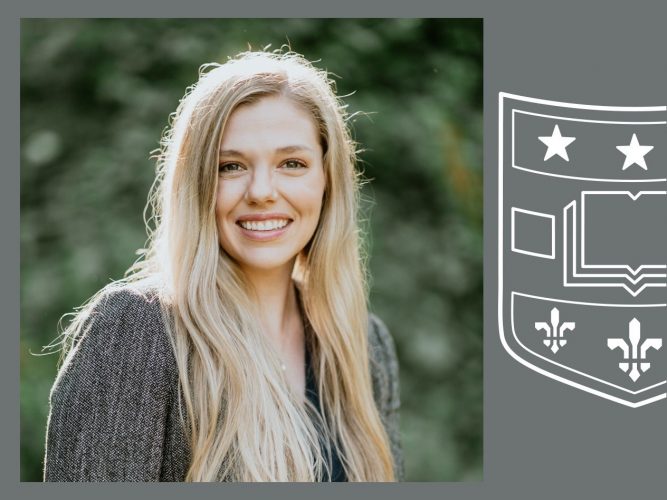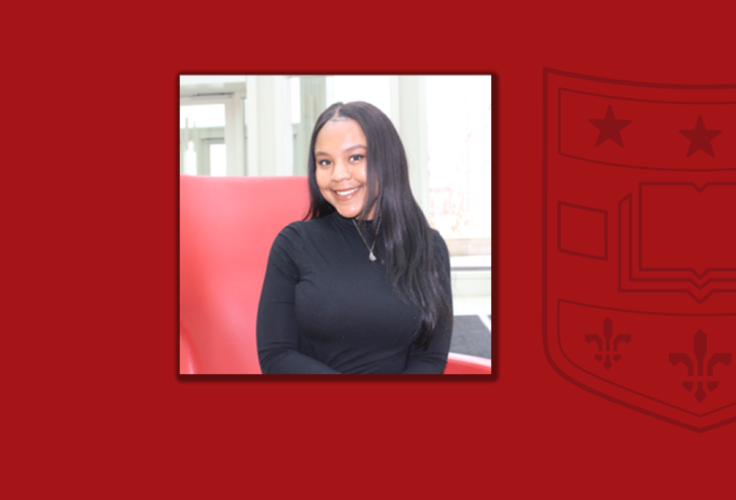Everyday life comes with its own set of inconveniences: traffic jams, endless lines at the grocery store and extended customer service hold times with annoying background music playing. Wouldn’t it be nice to avoid those situations?
New research from Olin Business School at Washington University in St. Louis offers insight into how people and businesses can anticipate and avoid common inconveniences even when coordination of resources, such as time and space, is not possible. It’s simpler than one might think.
In some instances, people can improve their coordination with others in simple ways. An inconvenience such as being stuck in rush-hour traffic can cause someone to start leaving work earlier.
On the other hand, other inconveniences may be avoided based on direction from an expert. A travel agent, for instance, can predict the best times to travel to a specific location, based on access to information from past travel seasons.
In both scenarios, people are more likely to avoid frustrating situations by anticipating the behavior of others.
A new study co-authored by Elanor Williams, associate professor of marketing at Olin Business School, highlights the concept of “perspective taking,” or taking into account the motivations or thought processes of other people. The study, “Perspective Neglect: Inadequate Perspective Taking Limits Coordination,” was published recently in Judgment and Decision Making.
“In our studies, we ask people to think about why somebody else might do something because we think that would help them see where they share those motivations,” Williams said. “Where there might be issues of crowding or long wait times from there being too many people doing the same thing at the same time, you might be able to zig when everybody else zags.”
“Where there might be issues of crowding or long wait times from there being too many people doing the same thing at the same time, you might be able to zig when everybody else zags.”
Elanor Williams
In the same way that people inadvertently make similar decisions, they may also be able to make different decisions that benefit themselves. This approach is especially necessary in the current time of COVID-19 when social distancing is safer than being stuck in a crowd.
To explore this concept, Williams and her collaborators conducted six experiments.
The experiments asked the participants to consider perspective taking in various scenarios, including playing a video game, visiting a campus bookstore, streaming a Netflix show and enjoying a holiday. The research findings revealed that when participants were reminded to perspective take, coordination of resources (such as time and space) improved.
The research findings suggests that often, people need to be prompted to look outside of themselves and think about why others are motivated to make certain decisions.
Helping businesses predict future behavior
From a marketing standpoint, businesses can use this approach to think through the best strategies for coordinating efforts with employees and consumers. Tapping into the motivations and perspectives of consumers can help businesses predict future behavior.
For example, a well-coordinated social media campaign based on peak engagement times will have a greater reach than one that is implemented at random. While this may seem like common sense, Williams said that failing to anticipate consumers’ needs is a common mistake made by businesses big and small.
The same concept can be applied when dealing with consumers. Businesses often have to account for unexpected crowds and long wait times. An employer would benefit from knowing when to have a full staff available to accommodate crowds and prevent employee stress and burnout.
“The idea that people do not think quite as much as they could or maybe should about the reasons why other people do the things they do is a rich vein of research that obviously impacts everybody,” Williams said. “You might benefit from just giving a little more thought to why others do what they do.”
The researchers advise that perspective taking may not be effective or necessary in every situation. In a scenario where people’s motivations are obvious and clear, the extra step might not do much to improve coordination.
“We realized that a lot of what seemed like coincidences are actually explainable because people end up sharing the same reasons for doing whatever it is that you coincidentally did,” Williams said. “So when you show up at the same restaurant, or call each other out of the blue, it’s often similar reasons that led you to that shared behavior in the first place.”






